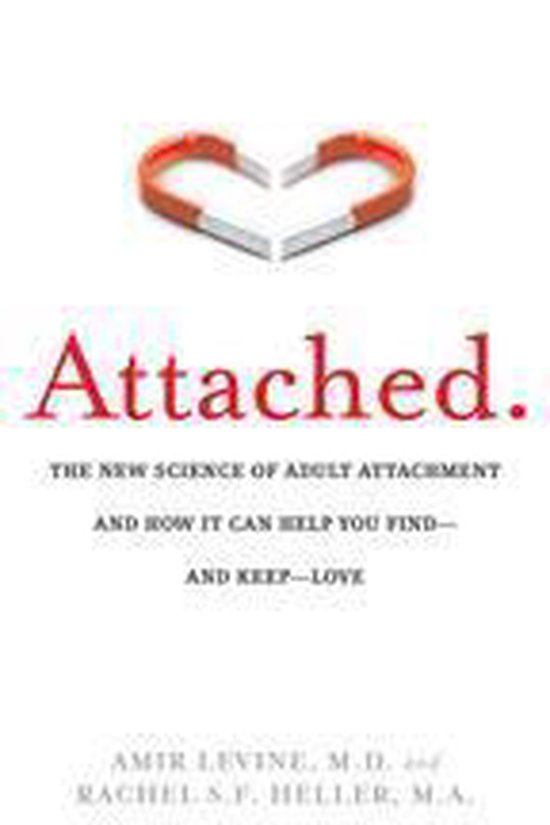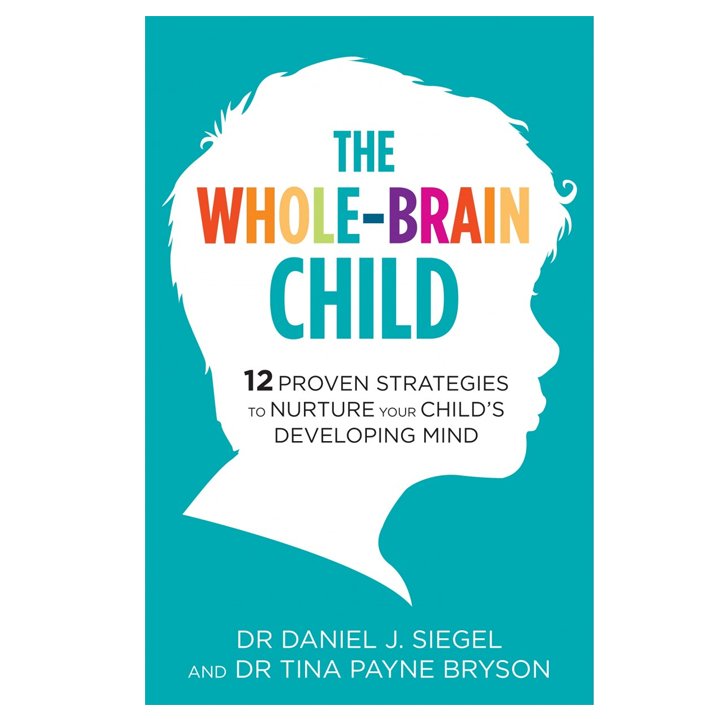
It turns out that the ability to step into the world on our own often stems from the knowledge that there is someone beside us whom we can count on - this is the dependency paradox. It always does.Īll three attachment styles are programmed to connect with a special someone.Īvoidants have attachment needs but actively suppress them.

Once we choose a partner, there is no question about whether dependency exists or not. New patterns of behavior kick in regardless of how independent we are and despite our conscious wills. The ideal relationship is one between two self-sufficient people who unite in a mature, respectful way while maintaining clear boundaries. You should learn not to allow your inner peace to be disturbed by the person you are closest to. Your well-being is not their responsibility, and theirs is not yours. Your happiness is something that should come from within and should not be dependent on your lover or mate. We live in a culture that seems to scorn basic needs for intimacy, closeness, and especially dependency.

The more effectively dependent people are on one another, the more independent and daring they become. When their emotional needs are met, and the earlier the better, they usually turn their attention outward.

If our partner fails to reassure us, we are programmed to continue our attempts to achieve closeness until the partner does.Īttachment principles teach us that most people are only as needy as their unmet needs. Getting attached means that our brain becomes wired to seek the support of our partner by ensuring the partner's psychological and physical proximity. If you are already in a relationship with a partner who has an attachment style that conflicts with your own, you'll gain insight into why you both think and act as you do and learn strategies to improve your satisfaction level. People with a secure statement style know how to communicate their own expectations and respond to their partner's needs effectively without having to resort to protest behavior. People with each of these attachment styles differ in: their view of intimacy and togetherness, the way they deal with conflict, their attitude towards sex, their ability to communicate their wishes and needs, their expectations from their partner, and the relationship. Secure people feel comfortable with intimacy and are usually warm and loving anxious people crave intimacy, are often preoccupied with their relationships, and tend to worry about their partner's ability to love them back avoidant people equate intimacy with a loss of independence and constantly try to minimize closeness.


 0 kommentar(er)
0 kommentar(er)
